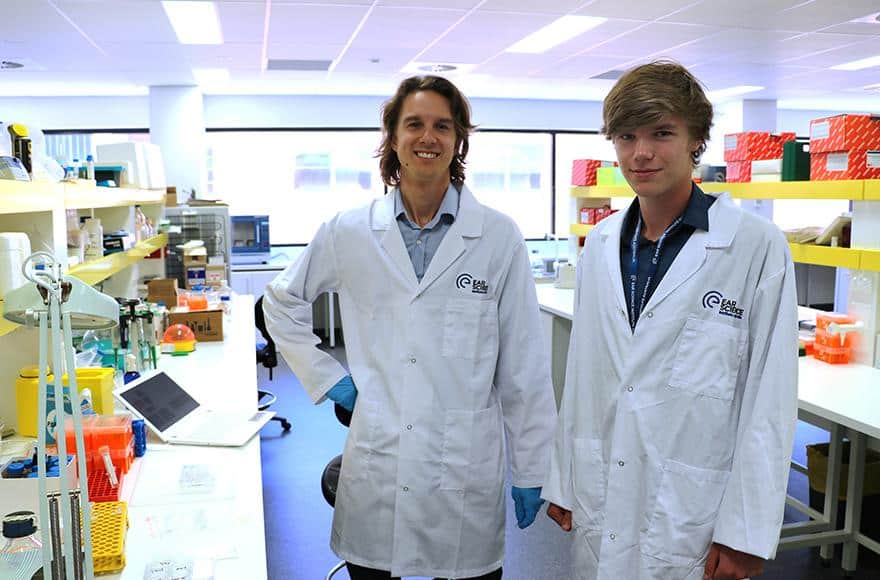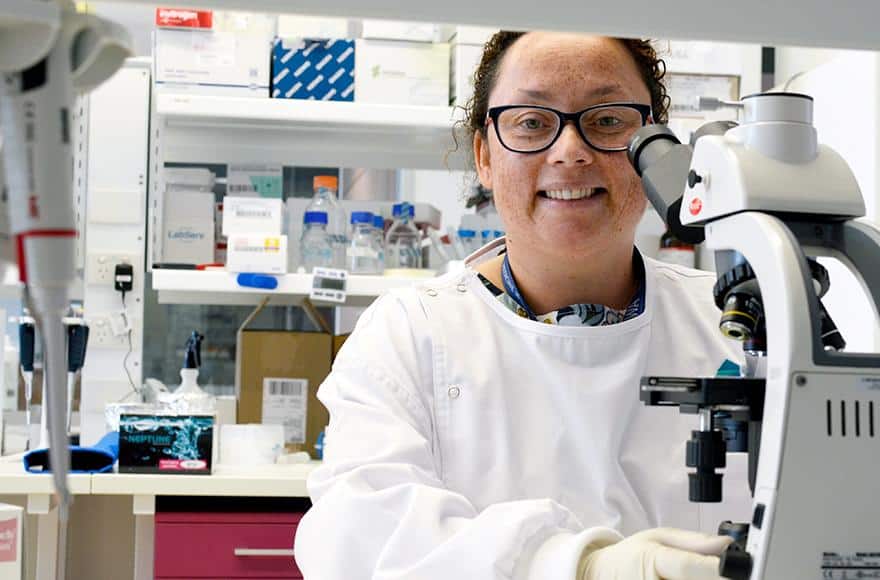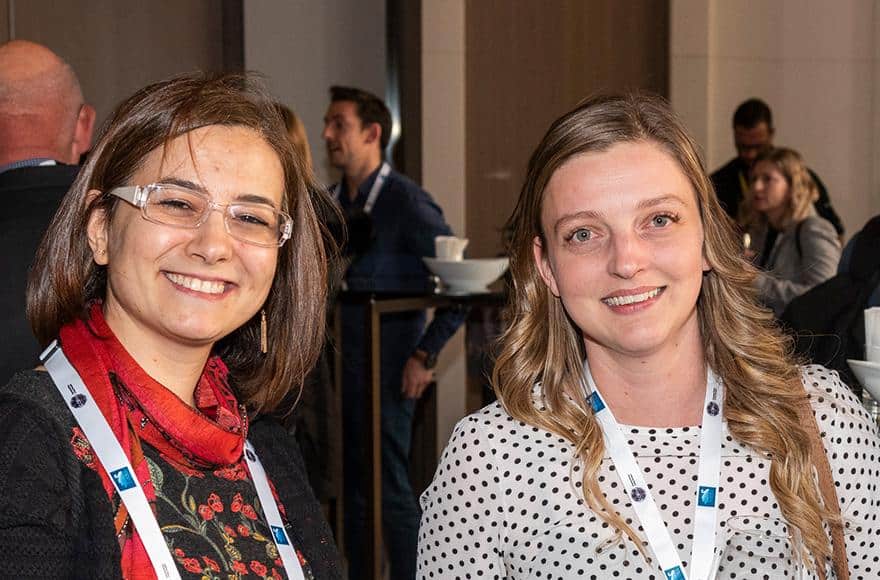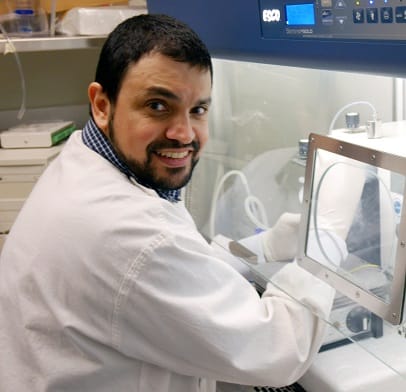Ear Science Institute Australia Scholarship
Cutting-edge nano engineering has evolved over the last two decades to include drug, cell and gene therapies and protein-targeted deliveries to specific cells, in order to transform current therapies into more advanced and targeted interventions to treat incurable diseases.
Hearing loss interventions although somehow effective, remains with limited success, particularly in preventing or treating age-related hearing loss (also known as presbycusis). Presbycusis is one of the most common hearing impairments seen in people over 50 and remains untreatable and with no globally established prevention strategies in clinical settings.
Current treatments encompass hearing aids and in severe cases, cochlear implants, however, many patients either are not eligible or do not benefit from such treatments. Ideally, new treatments will reduce presbycusis prevalence, slow down its progression and recover hearing, by targeting relevant cells within the cochlea, and prevent or even reverse related pathophysiological disturbances and cell damage.
Gene-therapy aims at stimulating and rejuvenating damaged hair cells and recover their functions. However, for gene-therapy to work effectively, it needs special delivery systems. The delivery systems for gene-therapy can be nanocapsules that specifically target damaged cells within the cochlea.
Overall, currently available formulations for inner-ear gene therapies have many limitations and delivery issues, due to poor load release and permeation properties, and inconsistent inner-ear gene uptake within the cochlea. Overall, studies of Trans-tympanic (TT) delivery systems have shown that drugs such as synthetic corticosteroids delivered to the cochlear windows do not readily permeate into the deeper areas of the inner ear. Rather, TT delivery results in a high concentration of delivered materials in the basal cochlear turn, with a steep concentration gradient thereafter, and thus deeper regions of the inner ear, which are likely to be an ideal target for therapeutic treatment, do not receive materials at viable levels.
Hence, the current main obstacles for developing robust gene-therapy and therapeutics for hearing impairment are:
- firstly finding a way to target the gene-therapy into affected cells particularly hearing cells (e.g. using gene-therapy to enable dysfunctional cells to become active again), and
- secondly developing efficient TT-formulation and delivery systems for long-term (over months) controlled and efficient cochlear release with pin-point accuracy in cell-specific delivery.
Accordingly, this PhD project has three main chapters:
- The first one encompasses the design and development of new nanoparticles for inner ear delivery that are biocompatible with gene-therapy.
- The second one encompasses the investigation of how genes and relevant agents can be effectively loaded into the new nanoparticles, and their effects in hair cells, in vitro.
- The third one encompasses preclinical investigation to the efficacy of gene-therapy delivered via nanoparticles as a new therapy for hearing loss i.e. where it is most clinically relevant.
The supervisory team include clinicians and pharmaceutical scientist, gene-therapy expert and cochlea physiologist.
Student type | Future Students
Faculty | Faculty of Health Sciences
Course type | Higher Degree by Research
Citizenship
- Australian Citizen
- Australian Permanent Resident
- New Zealand Citizen
- Permanent Humanitarian Visa
Scholarship base | Merit Based
Value | The annual scholarship package (stipend and tuition fees) is approx. $60,000 – $70,000 p.a.
Successful HDR applicants for admission will receive a 100% fee offset for up to 4 years, stipend scholarships, valued at $28,854 p.a. for up to a maximum of 3.5 years, are determined via a competitive selection process.
Applicants will be notified of the scholarship outcome in November 2022.
Scholarship details
Maximum number awarded | 1
Eligible courses | All applicable HDR courses
Eligibility criteria
An enthusiastic individual who is interested in studying advanced nano pharmaceutical applications in developing a treatment for hearing impairment.
Typically, a graduate with a science or related background.
Application process
If this project excites you, and your research skills and experience are a good fit for this specific project, please contact Associate Professor Hani Al-Salami via email before the closing date.
Please include your CV and Academic Record to apply.
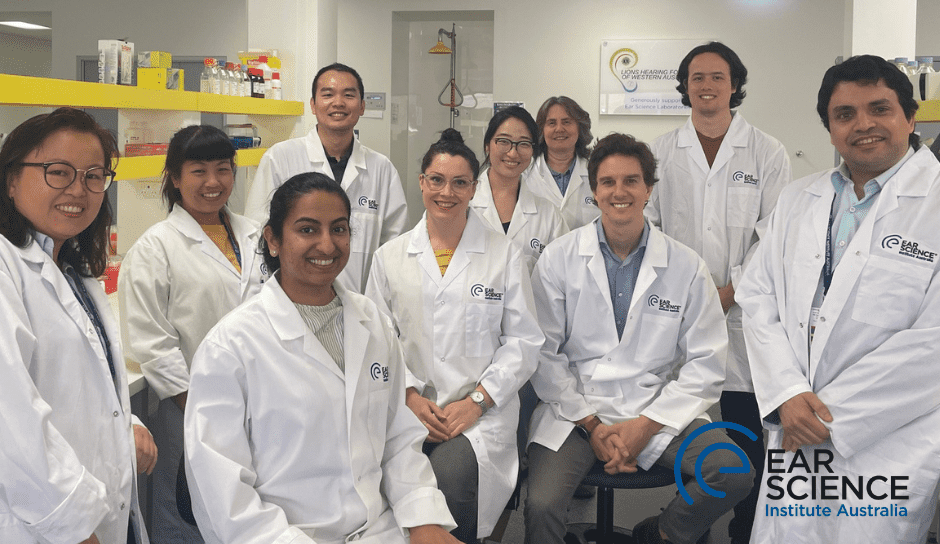
Find out more
To enquire about this project opportunity that includes a scholarship application, contact the Project lead, Associate Professor Hani Al-Salami via email.

